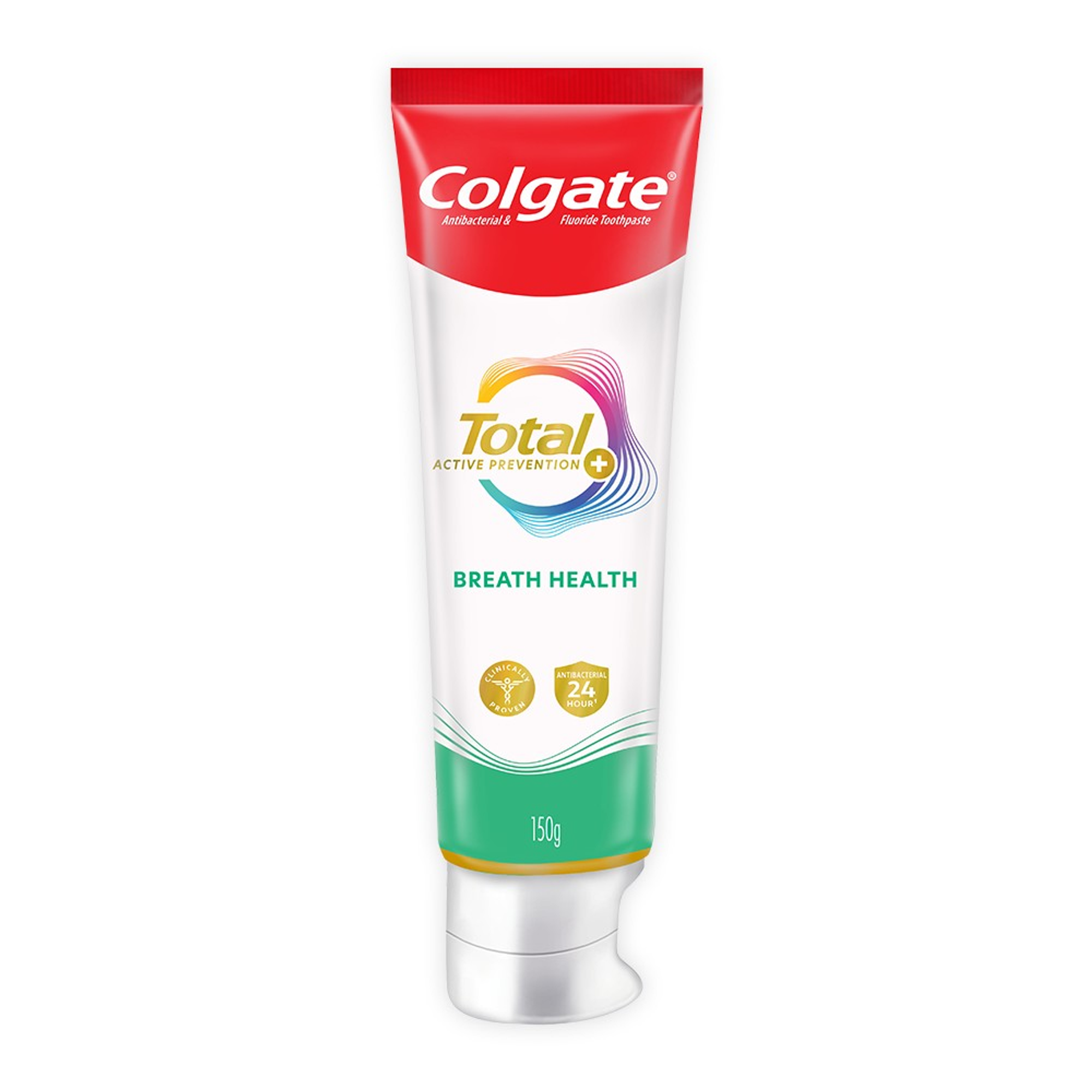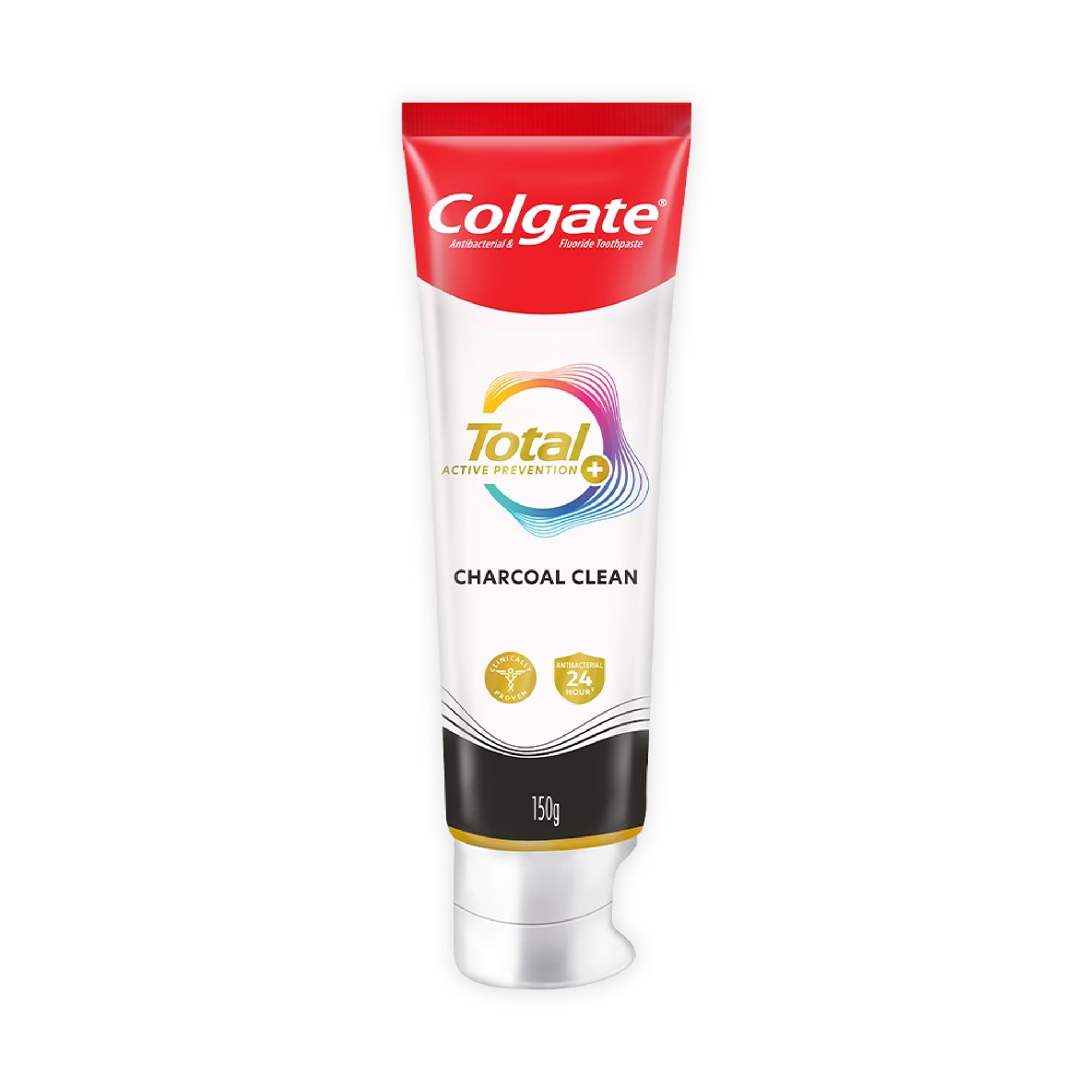What is Tartar?
Tartar, or dental calculus, is a hard, crusty mineral deposit that forms on and between your teeth. It's a more stubborn form of dental plaque— the soft, sticky film of bacteria that naturally forms on your teeth throughout the day. When you do not remove plaque regularly through proper brushing and flossing, it can harden and turn into tartar.
Tartar is problematic because it creates a rough surface on your teeth, making it easier for more plaque to accumulate. This can lead to dental issues, including tooth decay and gum disease (periodontal disease). Unlike plaque, which you can remove at home with good oral hygiene practices, tartar requires professional removal by a dentist or dental hygienist.
What Are The Symptoms of Tartar on Teeth?
Recognizing the signs of tartar buildup is essential for maintaining good oral health. Here are some common symptoms you should watch out for:
Discoloration: You might notice yellow or brown deposits on your teeth, especially along the gumline.
Rough texture: When you run your tongue along your teeth, you might feel a rough or gritty surface where tartar has formed.
Visible buildup: In severe cases, you may be able to see thick, crusty deposits on your teeth.
Gum irritation: Your gums might become red, swollen, or tender due to tartar irritation.
Bad breath: The bacteria trapped in tartar can contribute to persistent bad breath.
Receding gum: Over time, tartar on teeth causes the gums to pull away from the teeth, leading to gum recession.
If you notice any of these symptoms, addressing them promptly is important to prevent further dental issues.
What Causes Tartar Buildup on Teeth?
Understanding the causes of tartar buildup can help you take steps to prevent it. Here are some common factors that contribute to tartar formation:
Poor oral hygiene: If you do not brush and use dental floss adequately, plaque can accumulate and harden into tartar.
A diet high in sugars and starches: These foods fuel bacteria in the mouth, leading to increased plaque production.
Smoking or tobacco products: The habit of smoking cigarettes or chewing tobacco can increase tartar formation and make it more noticeable.
Dry mouth: Saliva helps wash away food particles and neutralize acids in your mouth. A lack of saliva can contribute to tartar buildup.
Genetics: You might be more prone to tartar formation due to your genetic background.
Certain medical conditions: Diabetes can increase the risk of tartar buildup.
Misaligned teeth: If you have crooked teeth, it can be harder to clean certain areas, leading to plaque and tartar accumulation.
By addressing these factors, you can reduce your risk of developing tartar on your teeth.
How to Treat Tartar Buildup Effectively?
While many people wonder how to remove tartar at home, it's important to note that only a dental professional can safely and effectively remove it. Here are some common methods used by dental professionals to treat tartar buildup:
Scaling: This procedure involves using special instruments to remove tartar from above and below the gumline.
Root planing: For tartar that has formed deep below your gumline, root planing smooths out the tooth roots to discourage further tartar buildup.
Ultrasonic devices: These tools use vibrations to break up tartar deposits, making them easier to remove.
Laser treatment: In some cases, dentists may use lasers to remove tartar and treat gum disease.
It's important to note that these treatments should only be performed by trained dental professionals. Attempting to remove tartar from teeth on your own can damage the teeth and gums.
How to Protect Your Teeth From Tartar?
Prevention is always better than cure when it comes to your dental health. Here are some effective ways to protect your teeth from tartar buildup:
Brush regularly: Brush your teeth at least twice a day for two minutes each time.
Use fluoride toothpaste: Fluoride helps strengthen your tooth enamel and resist decay.
Floss daily: Flossing removes plaque and food particles from between your teeth where your toothbrush can't reach.
Use an antiseptic mouthwash: This can help kill bacteria and freshen your breath.
Eat a balanced diet: Limit sugary and starchy foods, and include plenty of fruits and vegetables in your diet.
Quit smoking: If you smoke, consider quitting to improve your overall oral health.
Stay hydrated: Drinking plenty of water helps maintain saliva production and wash away food particles.
Use tartar control toothpaste: These products contain ingredients that can help prevent tartar formation.
Consider an electric toothbrush: Some studies suggest that using an electric toothbrush, replacing the bristles every 3 months, may be more effective at removing plaque than manual brushes.
By incorporating these habits into your daily routine, you can significantly reduce your risk of teeth tartar buildup and maintain healthy teeth and gums.
When to See a Medical Professional?
While good home care is essential, regular dental check-ups and professional cleanings are crucial for preventing and treating tartar buildup. Here are some signs that indicate it's time for you to see a dentist:
Visible tartar buildup: If you can see or feel tartar on your teeth, it's time for a professional cleaning for tartar removal.
Persistent bad breath: If your bad breath persists despite good oral hygiene, it could be a sign of tartar buildup or gum disease.
Swollen or bleeding gums: These symptoms could indicate gingivitis, which can be caused by tartar buildup.
Tooth sensitivity: If your teeth become sensitive to hot, cold, or sweet foods, it could be a sign of tartar-related gum recession.
Pain or discomfort: Any persistent pain or discomfort in your mouth should be evaluated by a dentist.
In conclusion, maintaining good oral health involves a proactive approach. Understanding tartar, its causes, and prevention methods is essential for maintaining good oral health. Even if you do not have symptoms, visiting your dentist every six months for routine cleanings and check-ups is crucial. Regular dental visits, combined with good oral hygiene practices and prompt attention to any tartar buildup, can prevent more serious dental issues down the line and ensure long term oral health.
Frequently Asked Questions
What is the main cause of tartar?
The main cause of tartar is the buildup of plaque on your teeth. When you do not remove plaque regularly through brushing and flossing, it hardens into tartar. Factors contributing to plaque buildup include poor oral hygiene, a diet high in sugars and starches, and certain medical conditions. Regular dental care and a balanced diet can help you prevent tartar formation.
What happens if tartar is not removed?
If not removed, tartar on teeth causes several dental problems. These include gum disease, tooth decay, persistent bad breath, tooth discoloration, and gum recession. In severe cases, untreated tartar can contribute to tooth loss. Regular professional cleanings are essential for tartar removal and maintaining good oral health.
Is removing tartar yourself safe?
No, it's not safe for you to remove tartar yourself at home. Unlike plaque, tartar is a hardened substance that requires professional tools and techniques for safe removal. Attempting to scrape off tartar at home can damage your tooth enamel and irritate your gums, potentially leading to infection or other dental problems. If you’re wondering how to remove tartar, it’s always best to consult a dentist for safe and effective removal.
Is tartar removal painful?
Tartar removal by a skilled dental professional is typically not painful. You may experience mild discomfort or sensitivity, especially if you have significant tartar buildup or sensitive gums. Your dentist can use techniques like topical numbing gel or ultrasonic tools to minimize your discomfort.














